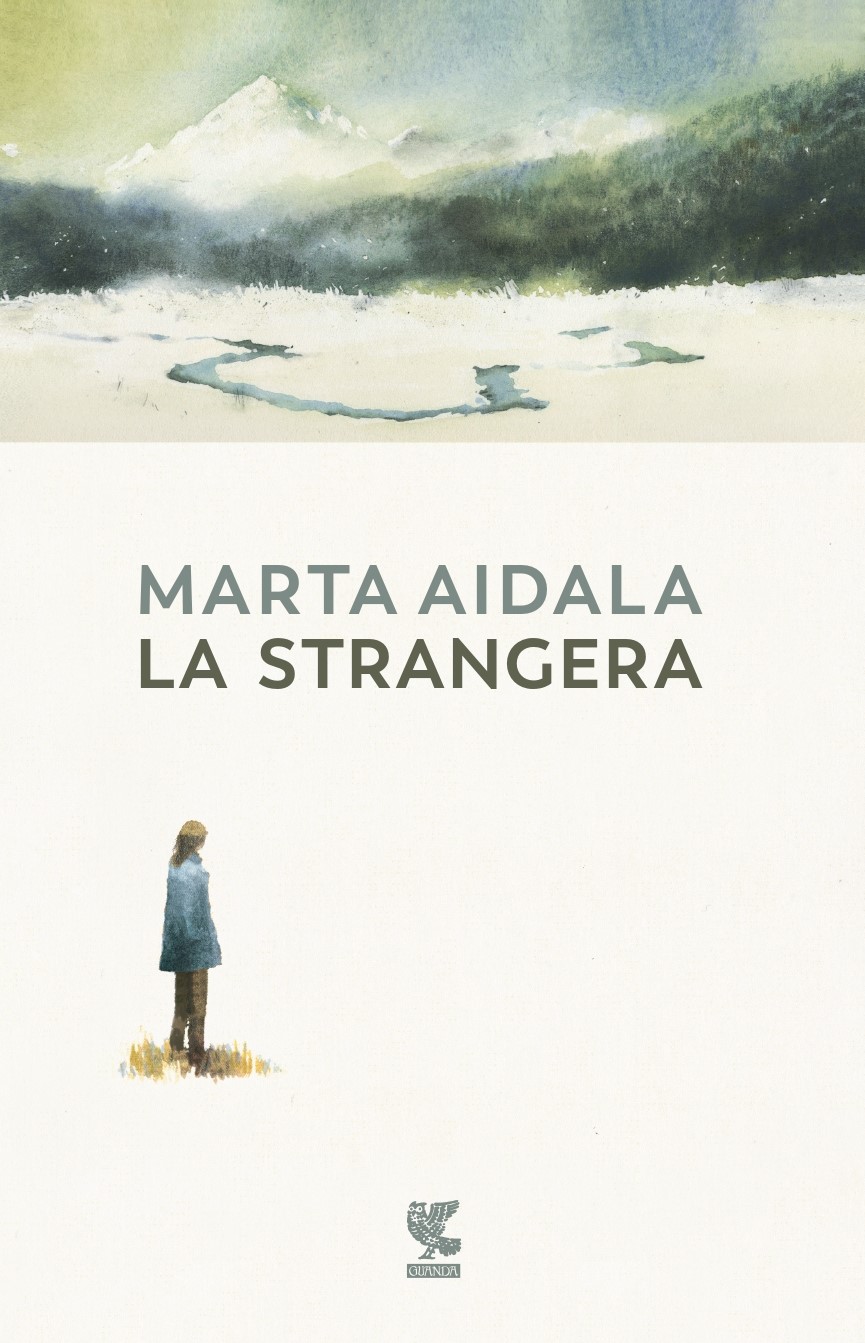To take one’s life and go – to understand herself, to find a future, to no longer go down but to stay. These are the reasons why, one morning in May, Beatrice leaves Turin to move to the mountains. Those mountains that, she is certain, are women even though they often bear male names. Women like her, who as soon as she arrives at the refuge of the Barba, a gruff man with a mysterious past, feels rejected, as a fumna and strangera. Marta Aidala has the courage of a clear voice that lets gestures and happenings speak, the sounds of the forest, the smells, the light of a sky high above the peaks. And she knows how to tell in the most concrete details a new epic, that of a girl who goes after her own freedom despite hesitations and fears, a girl who searches for herself on the trails and among the mountain men, in a world she feels is hers even though the old traditions look at her with distrust. With awe and curiosity, as Elbio, the young herdsman with whom Beatrice will establish a deep bond, made up of reluctance and outbursts, in that fragile and poignant intimacy that arises between two people who mirror and recognize each other.
When the summer ends, however, Beatrice decides not to follow Elbio to the valley, instead staying with the Barba in the refuge, a place that now, perhaps, she feels she can call home. But the snowless winter will reveal to her an unexpected mountain, pushing her to put everything into question, and questioning her once again about her future, the person she wants to be and the places where she feels she belongs.

